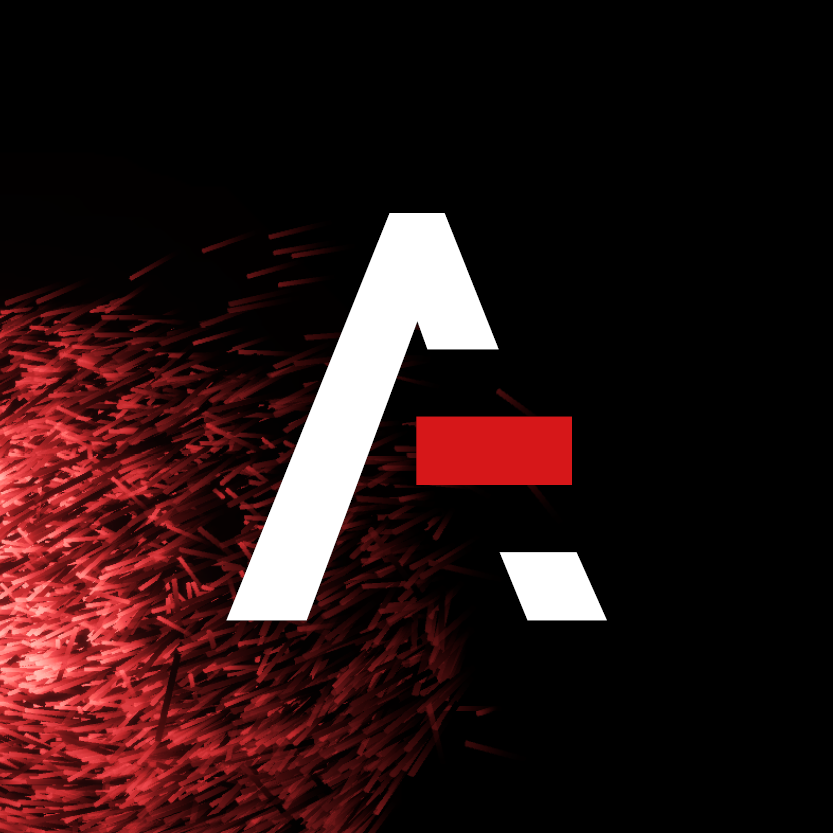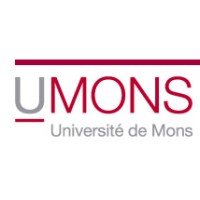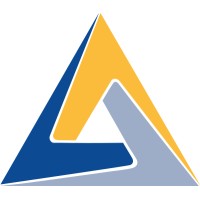HARDMat
The HARDMat project develops eco-responsible alternatives for tungsten carbides, reducing the carbon footprint, substituting noble materials with recycled ones, exploring less toxic binders and improving part performance, with an integrated green value chain.
- Raw materials
- Practices of circularityNeed help with filters?
Dates
2024
Leader

Stakeholder Leader
Sirris
Rue du Bois Saint-Jean 12

Stakeholder Leader
A6K
6000 Charleroi

Stakeholder Leader
Université de Mons
7000 Mons

Stakeholder Leader
Centre de Recherches de l'Industrie Belge de la Céramique
7000 Mons
About
HARDMat-UMONS
The HARDMat-UMONS project (and the HARDMat component as a whole) will aim to set up a Europe-wide green industry, from the formulation of powders and feedstocks, their shaping and the densification of cemented tools, to their recycling after use. The HARDMat-UMONS project aims to investigate the possibilities of limiting the use of WC and primary Co by: (i) using recycled WC-Co derived in particular from used tungsten-cobalt carbide tools (secondary raw material) to promote a circular economy, and (ii) replacing cobalt binder with eco-responsible alternative binders. Following a methodology based on the modeling of material systems using ThermoCalc thermodynamic software, and an experimental approach enabling the manufacture of composite powders of suitable chemical composition, the HARDMat-UMONS project thus aims to develop alternative binders enabling mechanical and tribological properties at least equivalent to those obtained with cobalt.
HARDMat CRIBC HARDMat-SIRRIS
The cluster will involve close collaboration between CRIBC, Certech, Sirris and the University of Mons (HARDMat_CRIBC, HARDMat_Certech, HARDMat_Sirris and HARDMat_UMons).
To this end, four action levers will be implemented:
The implementation of a less energy-intensive densification method that will significantly reduce the energy consumption associated with the production of carbide parts;
The partial or total substitution of the noble material by recycled materials (thus reducing the CO2 emissions generated during the extraction of raw materials).
Varied and abundant sources have been identified, at prices well below market levels; Substitution of cobalt by innovative, less toxic and strategic metallic binder phases, enabling adequate functional properties to be obtained;
- Improved part performance and durability, thanks to optimized designs made accessible by productive additive manufacturing methods.
The HARDMat cluster of projects will aim to set up a Europe-wide green industry, from the formulation of powders and feedstocks, their shaping and the densification of cemented tools, to their recycling after use.




